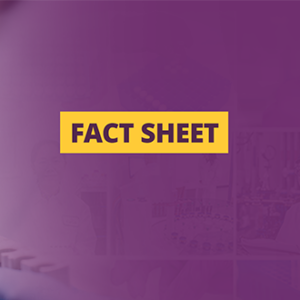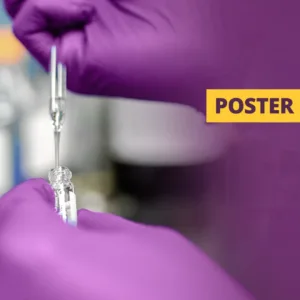Propane-phosphonic Acid Anhydride – T3P®
Revolutionizing Condensation Reactions for the Pharmaceutical Industry
What is T3P®?
T3P® (propanephosphonic acid anhydride) is a cutting-edge reagent for condensation reactions. Trusted by leading pharmaceutical companies, T3P® simplifies amide and peptide bond formations while supporting a range of transformations like nitrile formation, alcohol oxidation, and heterocycle synthesis.
- Typical conditions require 1 mole equivalent of T3P® per product mole.
- Mix amine, acid, and base in a solvent; add T3P® without pre-activation.
- Optimize with bases like DIPEA or additives like DMAP for enhanced results.
Key Features of T3P®
- Non-Toxic & Safe Handling: No CMR properties, non-allergenic, and nonsensitizing.
- High Selectivity & Purity: Ensures minimal epimerization and exceptional product yields.
- Mild Reaction Conditions: Operates at 0°C to 25°C with broad functional group compatibility.
- Simple Workup: Efficient removal of byproducts for scalable and clean processes.
- Patented Process: Curia ensures halogen- and sulfur-free T3P® for unmatched quality.
Why Choose T3P® from Curia?
- Global Expertise: Over 30 years of innovation in coupling reactions.
- ISO 9001:2015 Certified: High-quality production at our Frankfurt, Germany facility.
- Custom Solutions: Tailored T3P® formulations in various solvents like ethyl acetate, THF, and acetonitrile.
Comparison with Other Coupling Reagents
| Reagent | Purification | Yield | Epimerization | Toxicity | Overall Efficiency |
| T3P® | Easy | High | Low | Not Toxic | ⭐⭐⭐⭐⭐ |
| EDC (WSC) | Easy | Medium | Medium | High | ⭐⭐⭐ |
| DCC | Very Difficult | Low | High | High | ⭐⭐ |
| PyBOP | Difficult | High | Low | Medium | ⭐⭐⭐⭐ |
Applications of T3P®
- Amide Bond Formation: Ideal for the synthesis of small molecules and peptides (LPPS and SPPS) with chiral centers, minimizing racemization.
- Nitrile Synthesis: Streamlines amide-to-nitrile conversion in single-pot reactions.
- Alcohol Oxidation: Performs Swern-type oxidation for high-yield aldehyde/ketone production.
- Heterocycle Synthesis: Enables a broad range of heterocyclic compounds.
- Olefin Synthesis: Converts alcohols to olefins efficiently.
T3P® Insights
ARTICLE: How T3P is helping to advance API development
BLOG: How T3P can enable greener, cost-effective peptide synthesis
BLOG: How T3P has provided the catalyst to a new area of pharmaceutical research


